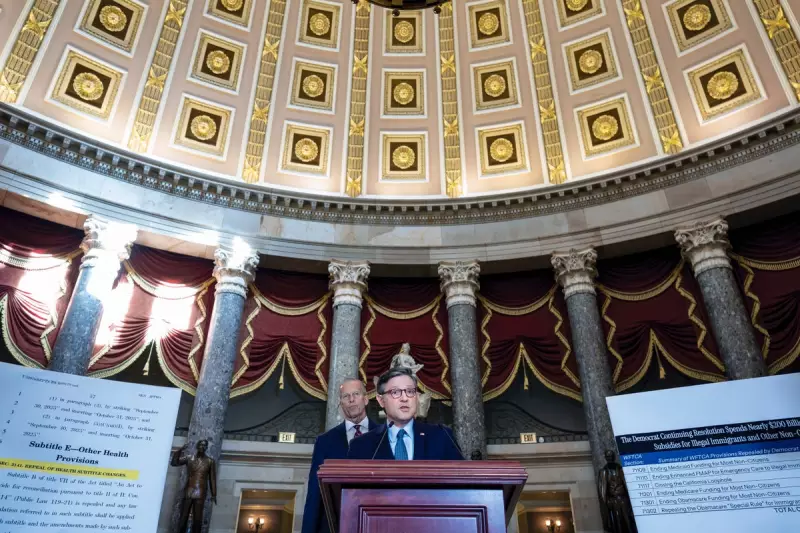
A powerful bipartisan coalition in the United States Congress is mounting a fierce campaign against the International Criminal Court, demanding immediate sanctions against court officials following their controversial decision to seek arrest warrants for Israeli leaders.
Cross-party condemnation
In an unusual display of unity, senior Democratic and Republican figures have joined forces to condemn the ICC's actions, with House Foreign Affairs Committee Chairman Michael McCaul leading the charge. The Texas Republican has declared the court's move "unconscionable" and is pushing for concrete consequences.
The warrant controversy
The international legal firestorm erupted when ICC chief prosecutor Karim Khan announced he was pursuing arrest warrants for both Israeli Prime Minister Benjamin Netanyahu and Hamas leaders. This unprecedented action has drawn sharp criticism from Washington, with lawmakers arguing it unfairly equates Israel's defensive actions with Hamas terrorism.
Legislative pressure builds
Congress is now considering multiple legislative responses, including:
- Targeted sanctions against ICC officials involved in the Israel investigations
- Travel bans preventing court personnel from entering the United States
- Asset freezes affecting ICC representatives
- Measures to restrict US cooperation with the court
Administration under pressure
The Biden administration finds itself caught between its traditional support for international institutions and mounting domestic political pressure. While historically critical of the ICC, the White House must now navigate calls for more aggressive action from both sides of the political aisle.
The situation represents a significant test of US-ICC relations and could have lasting implications for international justice mechanisms. As congressional momentum builds, all eyes are on how the administration will respond to what many lawmakers see as a fundamental challenge to US foreign policy interests and key alliances.






